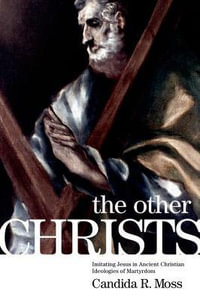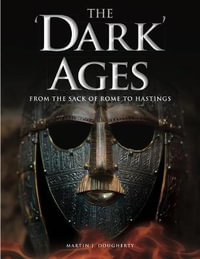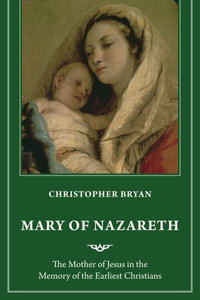There is no original Christian faith, no native language, no definitive statement of the meaning of Christ for all times. That is the fundamental argument of this challenging book. vividly written and covering a great deal of evidence in a short space. Dr Wilken argues that if there has been any constant in the history of Christianity, it has been the reluctance of the tradition to give a place to change within the Christian experience. Most Christians have been willing to say that Christianity changes in some areas but in others remains the same. But why should we assume that some aspects of Christianity change while others do not? The apostolic age is a creation of the Christian imagination. There never was a Golden Age when the church was whole, perfect, pure-virginal. The faith was not purer, the Christians were not braver, the church was not one and undivided: In the light of this, Dr Wilken concludes that Christianity should forgo its preoccupation with the past and become a much more forward- looking movement.
Industry Reviews
This study undertakes a critical examination of the Christian attitude toward change, as reflected in the manner in which the church has used the past in its construction of doctrine and ecclesiastical order. Aware of the new consciousness of history which is abroad today, with its corollary that all history is remembered selectively by one generation or another, the author applies this point of view to the history of the church and its formulation of its faith. Among the determinative idem that emerged early were those that the myth is more truthful than the actual event, and that "truth is older than error." This latter premise, which received elaboration in Eusebius' Ecclesiastical History, has persevered throughout the Christian era. The Reformation reopened issues as to what the pristine truth was but did not challenge the assumption that that truth was normative. Newman sought to adapt this static conception of doctrine by his theory of "The development of doctrine," which amounted to saying that the essential ancient truth reappears at various times under different forms historically conditioned, but it does not itself change. The problem for the church today, however, is that this assumption of the authentic truth of the past can no longer be taken for granted. How, then, does the Christian continue to hold the past in his memory while at the same time he makes the necessary changes required by the present? This is a scholarly book, but written in a style accessible to serious lay readers. (Kirkus Reviews)













![Blackbird's Nest ^hardcover] - Schroedel](https://www.booktopia.com.au/covers/200/9780881412581/6135/blackbird-s-nest-hardcover-.jpg)










